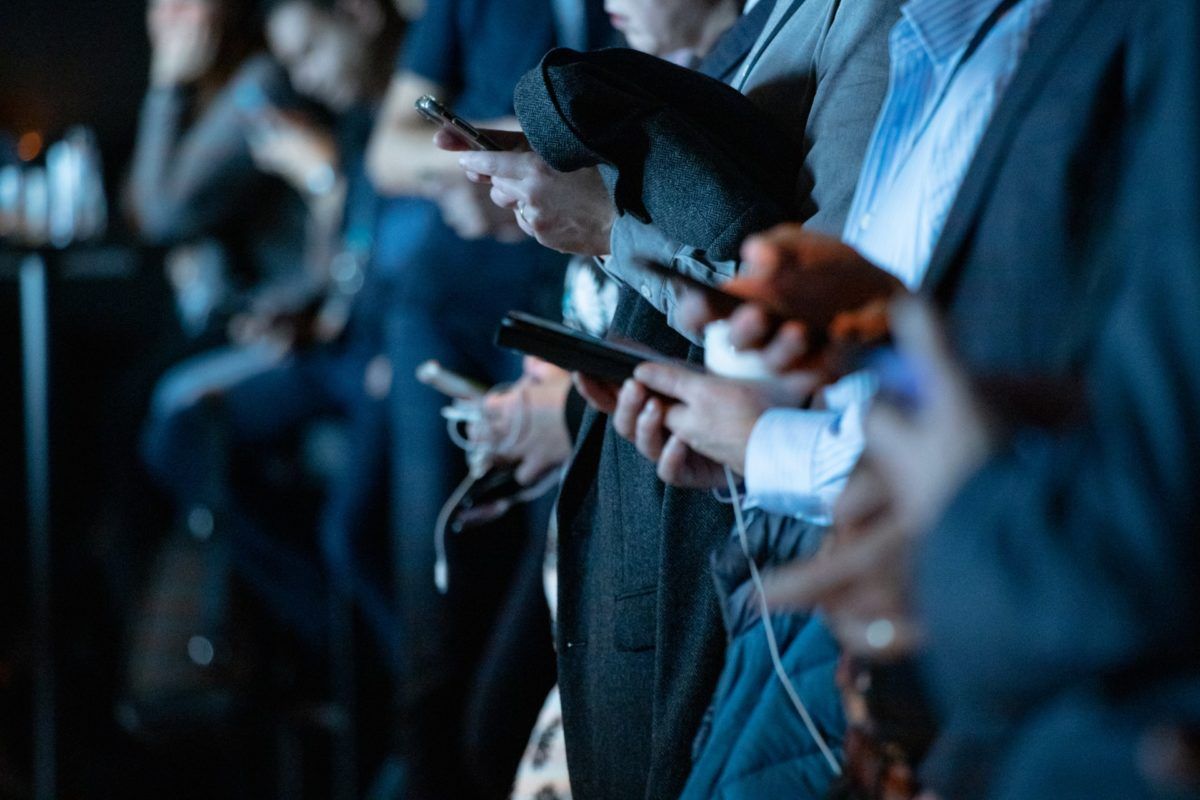Jeff Tinsley
How to Protect Your Social Media Accounts From Hackers

How to Protect Your Social Media Accounts From Hackers
The first practical cell phone was created over 45 years ago. When it hit the market, no one could have predicted that mobile technology would become so enmeshed with our lives that we wouldn’t be able to leave home without our phones. But look where we are today. We take our smartphones with us wherever we go. They’re our lifelines.
Our smartphones not only serve as the way we connect with others, it’s a place to store our contacts and important messages, and even access our social media accounts. The big four, Facebook, Instagram, Twitter, and TikTok, connect over 2.77 billion social media users on a daily basis. This number may be significant, but it’s not necessarily surprising.
Social media’s popularity is so prominent because these platforms allow us to do so much with so little. Social media serves as our entertainment. It’s a space to communicate with people we know and millions of people we don’t. It serves as a journal, an archive for our memories, and a place to be candid about who we really are. Yet, it’s for these reasons that our social media accounts become the perfect target for hackers.
With such a huge database of information available for the taking, it’s more important than ever for users to learn how to protect themselves online. Here are some tips:
Use secure passwords
When was the last time you changed your password? It’s tempting to use the same password you’ve been using for years across all of your social media accounts because it’s easier to remember, but this leaves you vulnerable to cybercriminals. Weak passwords can compromise your private information, but so can passwords that are repeated across many profiles.
Be sure to create strong passwords for every account. These new passwords should include a variation of numbers, uppercase and lower letters, and special characters. The stronger your password, the more difficult you are to hack. And while it may seem tedious, it’s important that you change these passwords at least once every other month.
Use two-factor authentication
In addition to a stronger password, two-factor authentication can add an additional layer of security to each one of your accounts. If a hacker tries to access one of your profiles, it will notify you that someone is trying to log in from a different device so that you can take the necessary precautions to protect your account. This may add another step for you every time you want to log into your apps, but the extra effort is worth the peace of mind.
Verify accounts and block potential scammers
Facebook and Instagram are full of fake accounts. These fake accounts are often robots, but they could also be someone who wants to secretly monitor your profile or scammers that want to gain access to your life. If someone sends you a friend request that you don’t know, make sure you do your research before you accept. If you do accept a request and that person starts sending you direct or private messages, find out who that person is before you respond.
How can you determine whether or not to engage with someone on social media? You can either Google that person or use a third-party platform like MyLife.com to see if they are who they say they are. MyLife will also provide you with important information concerning that person’s reputation; reputation is everything when it comes to deciding what sort of person you’re communicating with. If you discover any red flags during your research, be sure to either end all communication or permanently block the account.
If you want to participate in today’s digitized world, you have to know how to protect yourself from hackers. If you take the necessary steps to guarantee your protection, you’ll have peace of mind knowing that your social media accounts are safe from those that use the internet for harm rather than good.